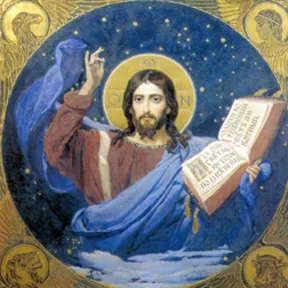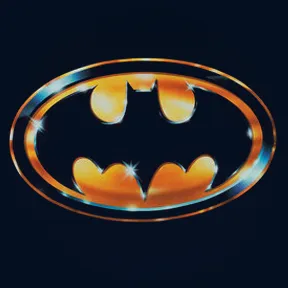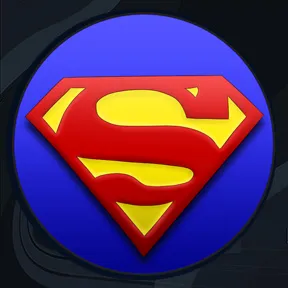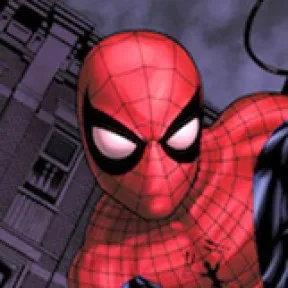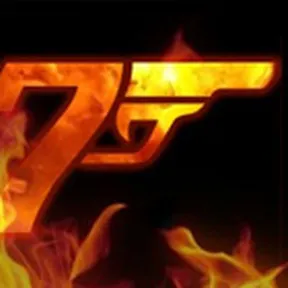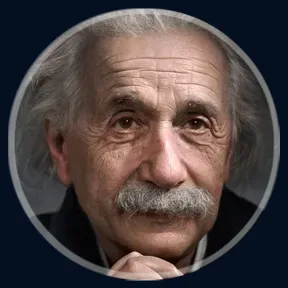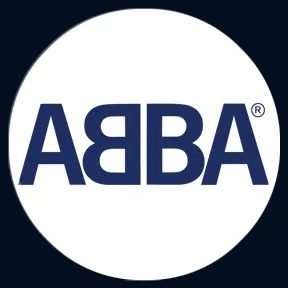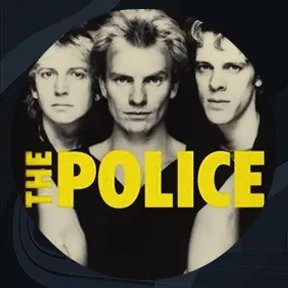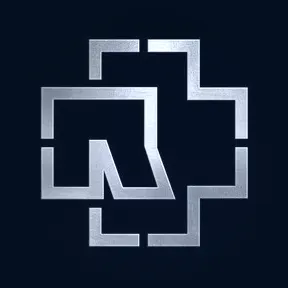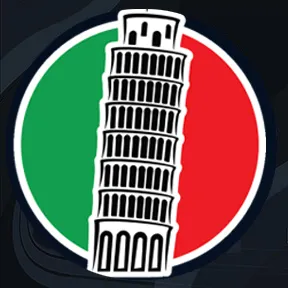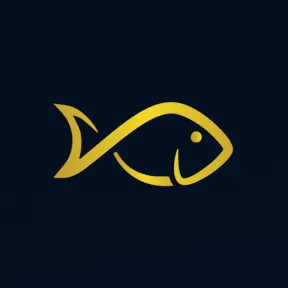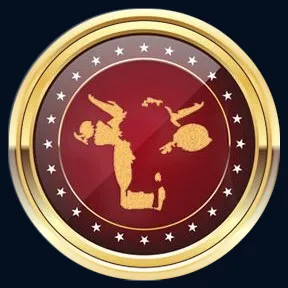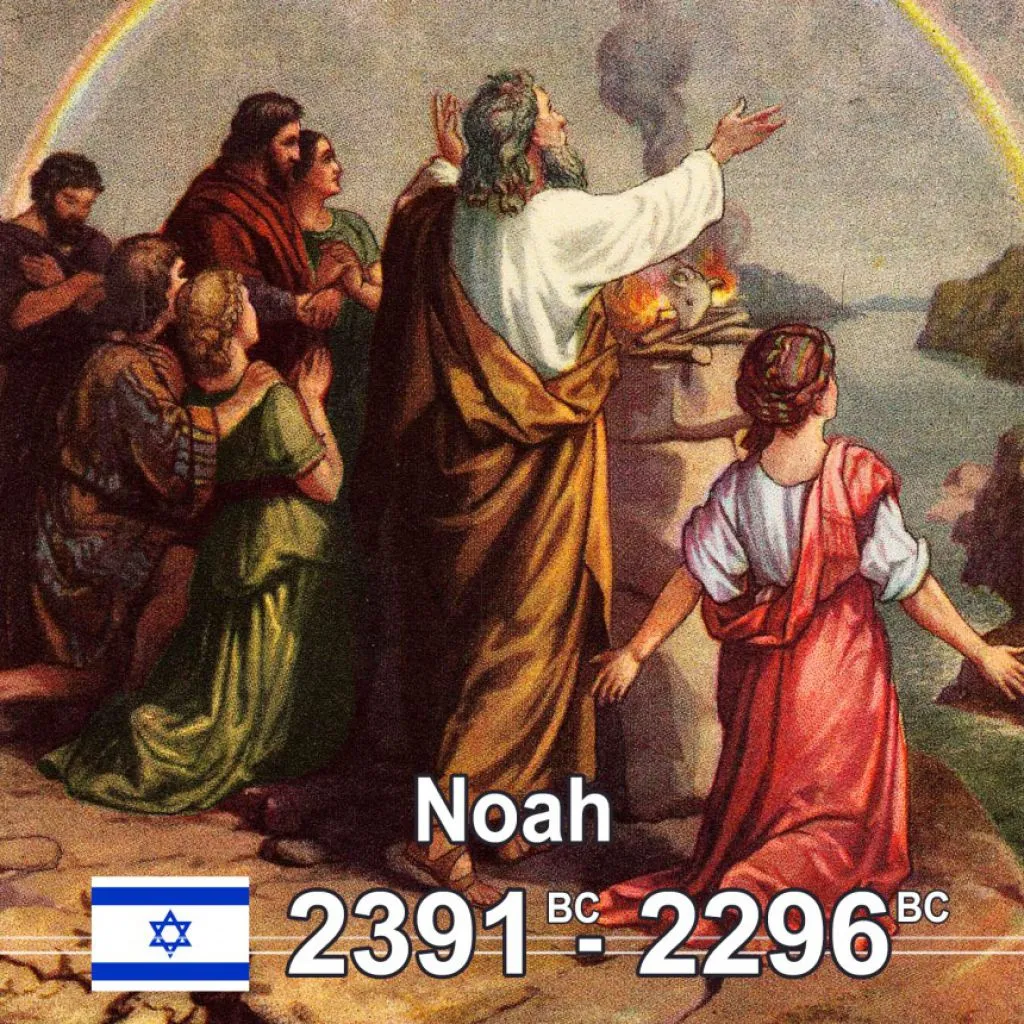
Noah
In Abrahamic religions, Noah was the tenth and last of the pre-Flood Patriarchs. The story of Noah's Ark is told in the Bible's Genesis flood narrative. The biblical account is followed by the story of the Curse of Ham.
In addition to the Book of Genesis, Noah is mentioned in the Old Testament in the First Book of Chronicles, and the books of Tobit, Wisdom, Sirach, Isaiah, Ezekiel, 2 Esdras, 4 Maccabees; in the New Testament, he is mentioned in the gospels of Matthew, and Luke, the Epistle to the Hebrews, 1st Peter and 2nd Peter. Noah was the subject of much elaboration in the literature of later Abrahamic religions, including the Quran (Surahs 71, 7, 1, and 21).
The primary account of Noah in the Bible is in the Book of Genesis.
Noah was the tenth of the pre-flood (antediluvian) Patriarchs. His father was Lamech and his mother is not named in the biblical accounts. When Noah was five hundred years old, he became the father of Shem, Ham and Japheth (Genesis 5:32).
GENESIS FLOOD NARRATIVE
The Genesis flood narrative makes up chapters 6-9 in the Book of Genesis, in the Bible. The narrative, one of many flood myths found in human cultures, indicates that God intended to return the Earth to its pre-Creation state of watery chaos by flooding the Earth because of humanity's misdeeds and then remake it using the microcosm of Noah's ark. Thus, the flood was no ordinary overflow but a reversal of creation. The narrative discusses the evil of mankind that moved God to destroy the world by the way of the flood, the preparation of the ark for certain animals, Noah, and his family, and God's guarantee (the Noahic Covenant) for the continued existence of life under the promise that he would never send another flood.
AFTER THE FLOOD
After the flood, Noah offered burnt offerings to God, who said: "I will not again curse the ground any more for man's sake; for the imagination of man's heart [is] evil from his youth; neither will I again smite any more every thing living, as I have done" (8:20–21).
"And God blessed Noah and his sons, and said unto them, Be fruitful, and multiply, and replenish the earth" (9:1). They were also told that all fowls, land animals, and fishes would be afraid of them. Furthermore, as well as green plants, every moving thing would be their food with the exception that the blood was not to be eaten. Man's life blood would be required from the beasts and from man. "Whoso sheddeth man's blood, by man shall his blood be shed: for in the image of God made he man" (9:6). A rainbow, called "my bow", was given as the sign of a covenant "between me and you and every living creature that [is] with you, for perpetual generations" (9:2–17), called the Noahic covenant or the rainbow covenant.
Noah died 350 years after the flood, at the age of 950, the last of the extremely long-lived antediluvian Patriarchs. The maximum human lifespan, as depicted by the Bible, diminishes thereafter, from almost 1,000 years to the 120 years of Moses.


